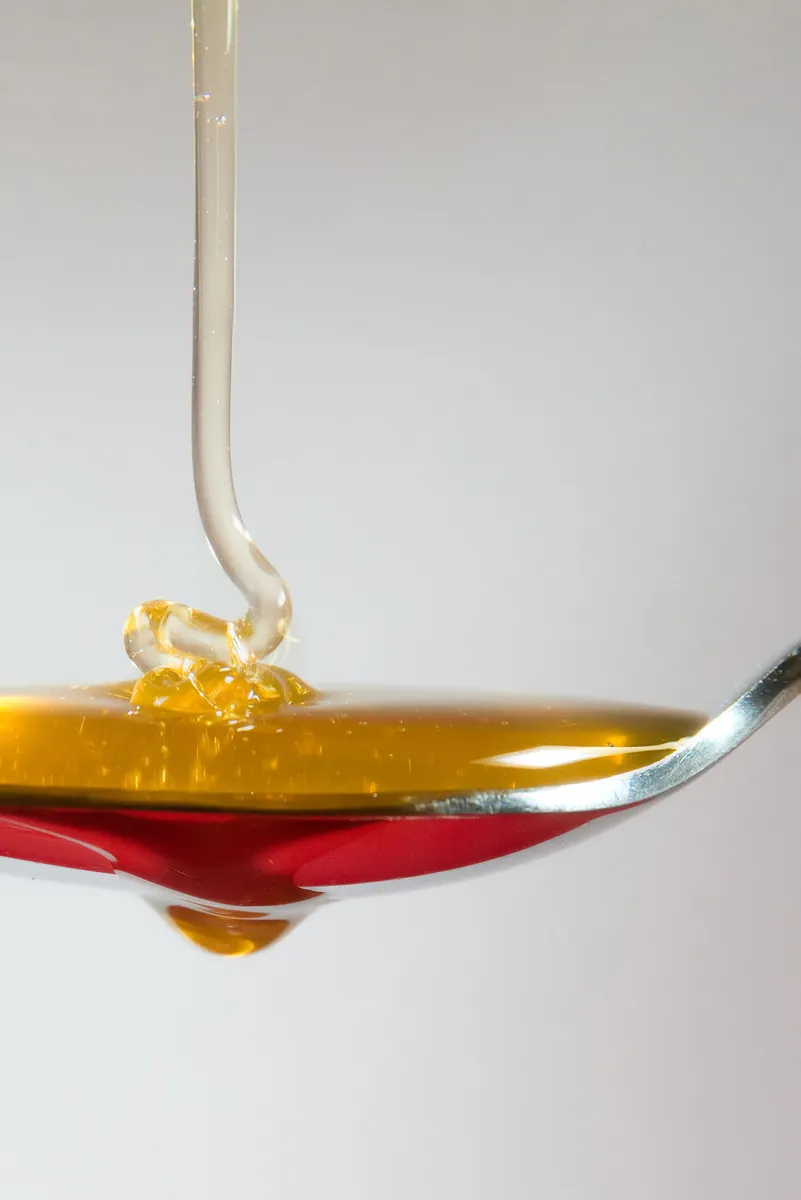Blog
3 Liquid Sweeteners You Need to Know More About
By Angela C Torrence, ASU Nutrition Student
I was about to put honey in my tea when I realized agave nectar might have a better flavor for that particular tea. That’s when I questioned, putting flavor aside, which liquid sweetener is the best for me? In my house I have maple syrup, honey, and agave as viable options. I know there are a number of other sweeteners such as molasses, brown rice syrup, or barley malt syrup, but I want to focus on these three commonly used sweeteners. When health benefits, glycemic index, and the likelihood of these sweeteners to make me fat come into consideration, I want to make the best decision in my foods.

Produced by bees, it is antibacterial and antifungal. Honey can aide in weight loss (in small amounts), provide a pre-workout boost of energy, provide antioxidants, and it contains vitamins and minerals such as vitamin C, calcium, and iron. Honey may improve the appearance of skin and if used topically, it might assist in wound management. If you want to keep the healthful benefits, avoid cooking with honey as the heat might harm some of the healthful benefits.
Comparing raw honey to the runnier, processed version sold in stores, I found two very differing glycemic indexes. I found the raw honey glycemic index to be 30, while standard (more processed) honey’s glycemic index was 55. I would consider honey a better alternative to sugar with sugar’s glycemic index of 68.
Remember to check out Fill Your Plate’s product drop down. Several of our farmers also harvest honey from bee hives.
Boiled sap from maple trees makes this delicious syrup! Maple syrup contains calcium, potassium, magnesium, zinc, and has a great amount of manganese. The majority of maple syrup is sourced from Canada and is graded based upon how much light passes through the liquid.
It can be a good post-workout replenisher with manganese and zinc that aid in muscle recovery. It can also be a good pre-workout boost with the simple carbohydrates. Still a high source of sugar with a glycemic index of 54, I would consider maple syrup a better alternative to sugar.
Filtered and heated sap from the agave plant, agave syrup is a relatively new addition to popular liquid sweeteners used in America. The taste may be preferred to other sweeteners, but according to one article, the beneficial properties of true agave nectar are not shown in the “agave nectar” sold in our grocery stores. In fact, the sweetener sold in stores would be more accurately labeled as agave syrup since it is further processed from agave nectar. The touted health benefits of agave are primarily based off of its low glycemic index of 15, which is preferable for diabetics.
However, the high fructose content in agave syrup which is more slowly absorbed and processed by the liver can become converted into fat if consumed in excess. I would consider agave sweetener sparingly if the flavors of other sweet alternatives are incompatible with my food.
With so many liquid and granulated sweeteners available, it can be difficult to choose which ones to use. The more natural sweeteners are preferable to the highly processed counterparts, but in this country where obesity is on the rise, it is absolutely imperative to limit all sweetener intake in favor of whole foods. Your body and your waist line will thank you.
















